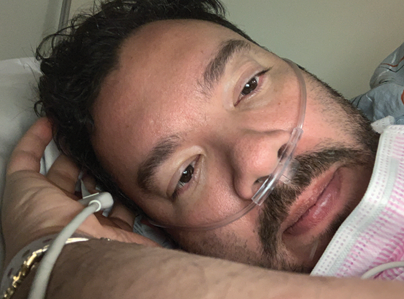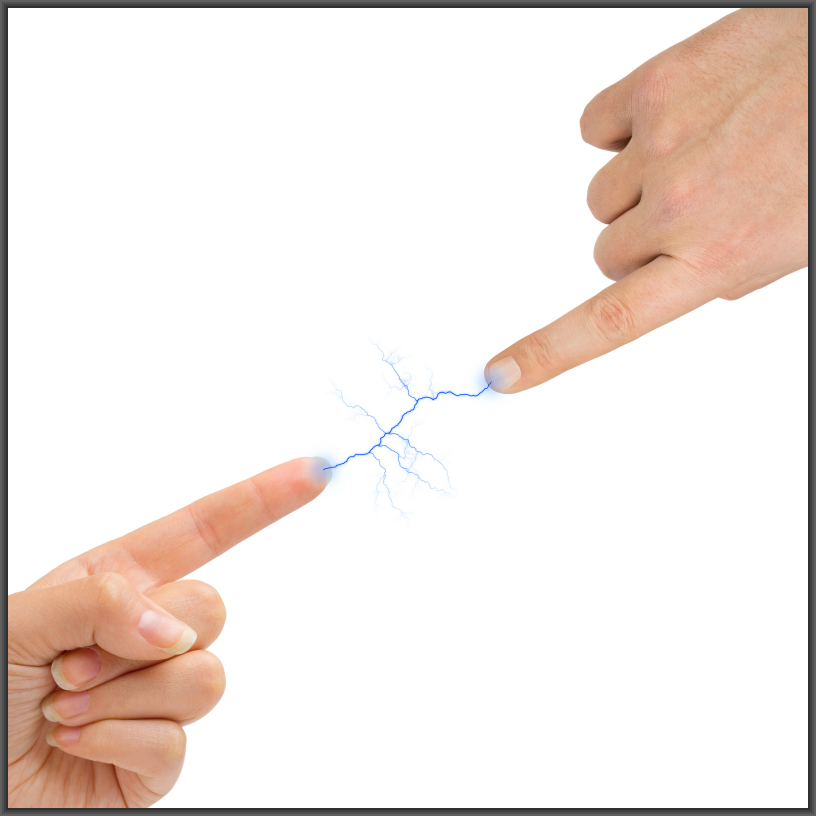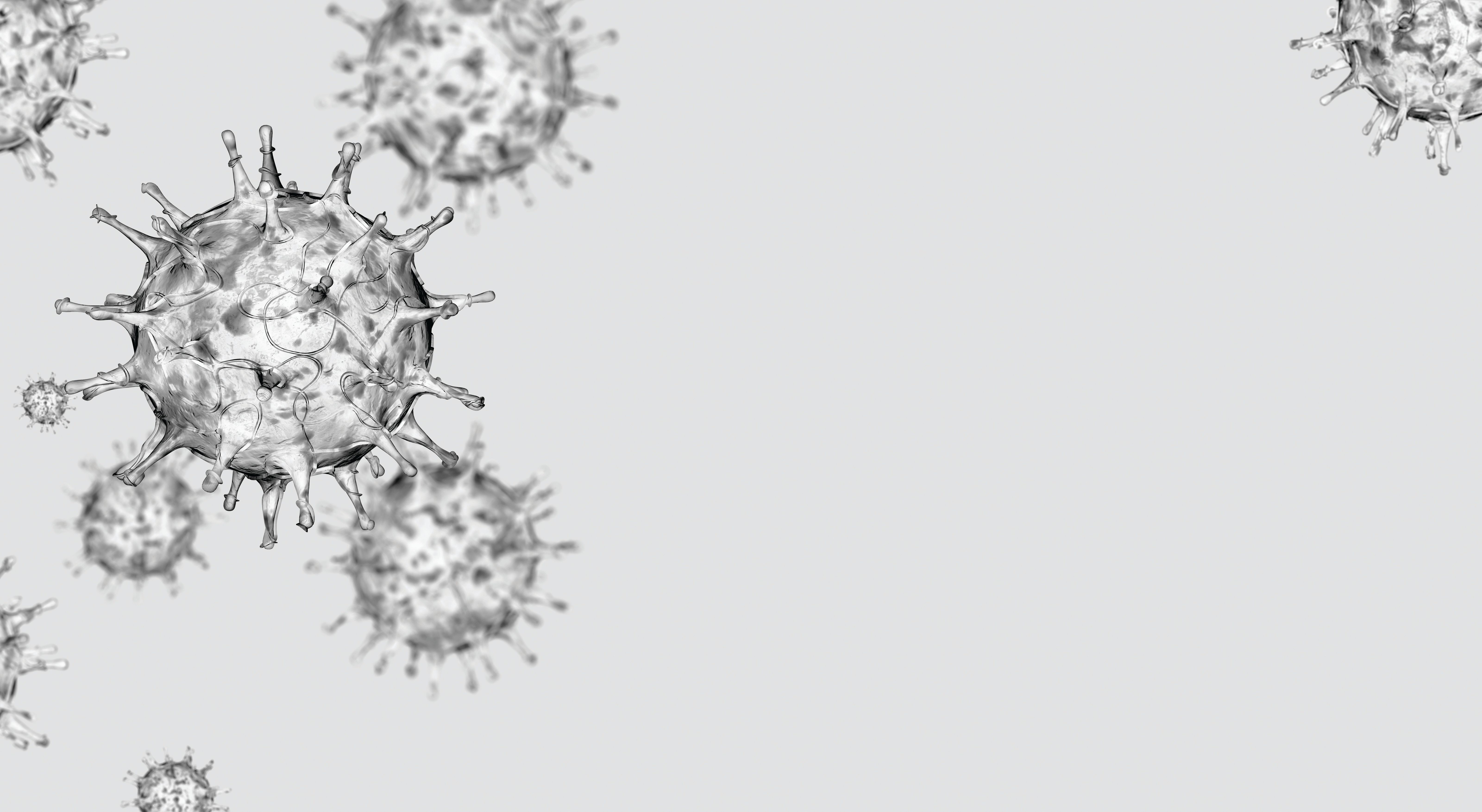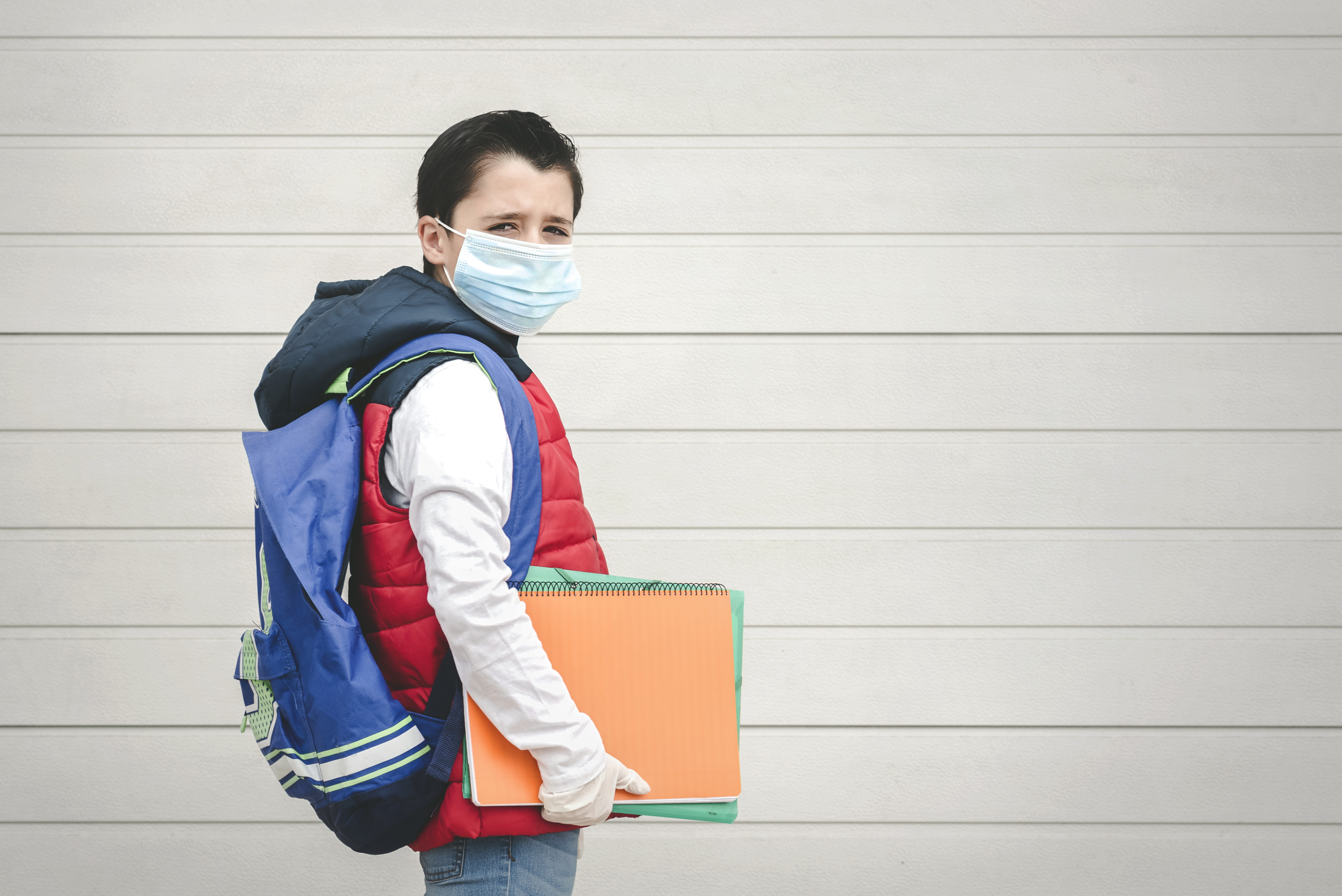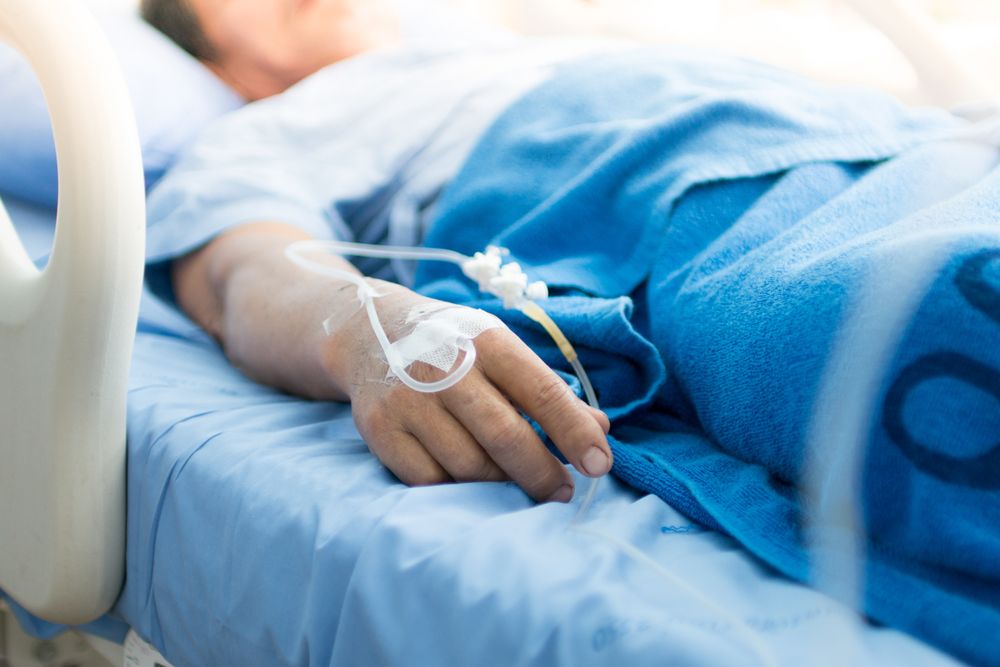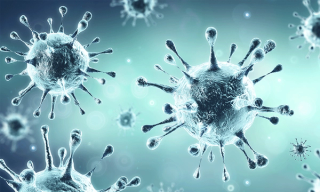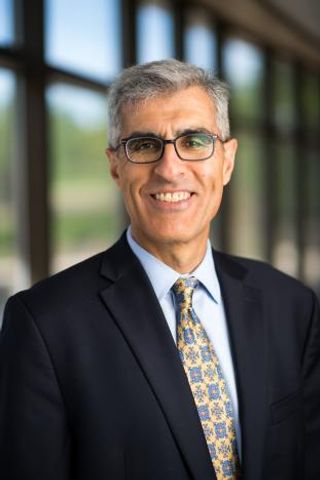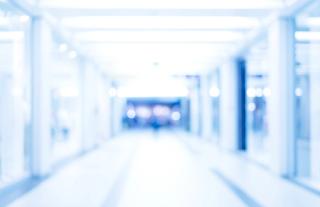
COVID-19
Latest News
Latest Videos

CME Content
More News

How can we keep the public safe and reopen the economy at the same time?
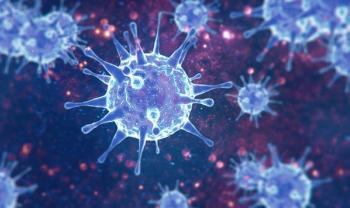
British researchers find neuropsychiatric complications associated with COVID-19.

As we notice acts of kindness and allow them to guide us into new behaviors and habit loops, we replace worry and anxiety with altruistic thinking.
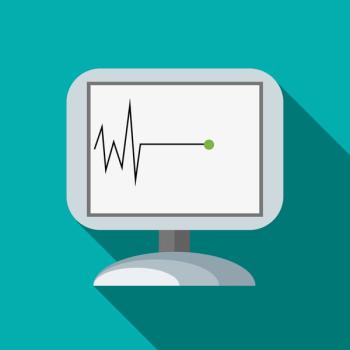
A position paper presents the best ways to use electronic communication, particularly timely given the pandemic.
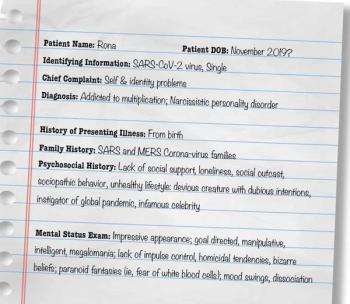
One can only hope today's challenges will become a “corrective emotional experience."

This moment in history cannot be lost. When you ask us if we are okay, be prepared to hear us say we are not . . . and never have been. Then be prepared to do more.

The words are no less fitting now than when this piece was written at the height of the AIDS epidemic.
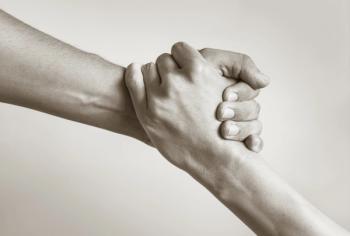
When all else fails, fly.
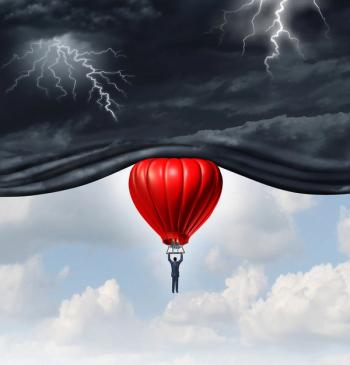
As the pandemic lingers, managing depression can become that much more difficult. These proven steps can help patients, and you, better manage depression.

Let spring training not be a mere memory.

Sometimes our best intentions lead us down the wrong road. By reconsidering a few seemingly harmless questions, this psychiatrist was able to make the most of his medication-check visits with his patients.

New data and an intriguing case example suggest the mortality rate may be decreasing. What does this mean for the days ahead?

Psychological liberty has been constricted as rates of virtually all mental disorders and subclinical problems like racism have been rising in recent years and during the pandemic. But it's not too late.

A teen writes about the unexpected gift of time the quarantine afforded her and her family.
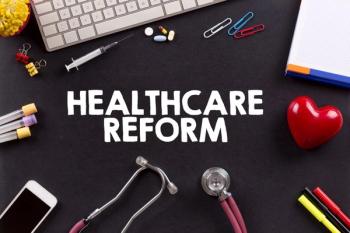
Policy suggestions released earlier this year could be used to guide actions during and after the COVID-19 pandemic.

For some patients, quarantine and isolation may generate feelings of uncertainty. It is important to use accurate terminology, since the words we use and how we think shape our being and responses.
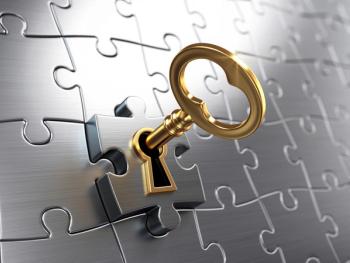
Katharine Phillips, MD, shares key insights on coping.
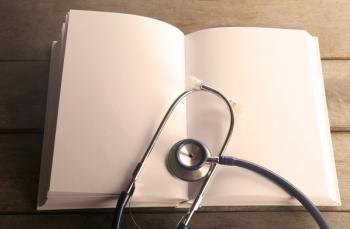
Private practice in the COVID era.
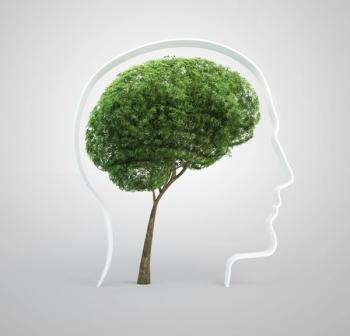
It is important that health care workers find ways of managing their anxiety and stress, which can otherwise become overwhelming. Dr Awais Aftab shares his own experience during the pandemic.

Clinicians may need to consider what happens to religiously oriented people when things go badly, despite their faith and prayer.
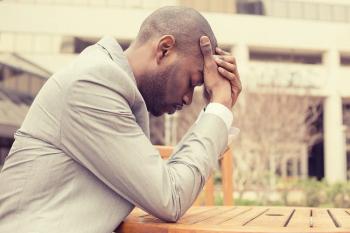
Psychiatrists are in a unique position to actively address the collective trauma caused by rampant and persistent race-based disparities in health care and police violence.

A social determinants framework requires that we treat the parallel diseases of COVID-19 and racism as equally detrimental to the health and well-being of our patients.

A 4-step plan to tackle the worries of the day.
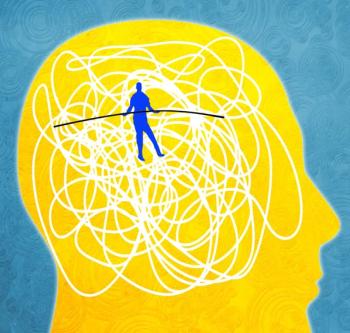
More than ever, psychiatrists are encountering patients who may have never experienced mental health issues.
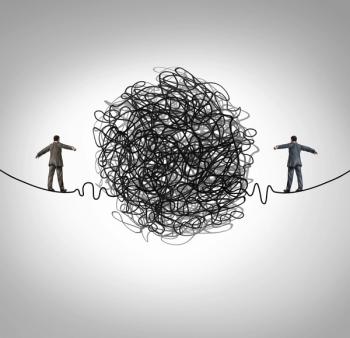
During these challenging times, physicians have to be proactive in helping ourselves. And that starts now.

